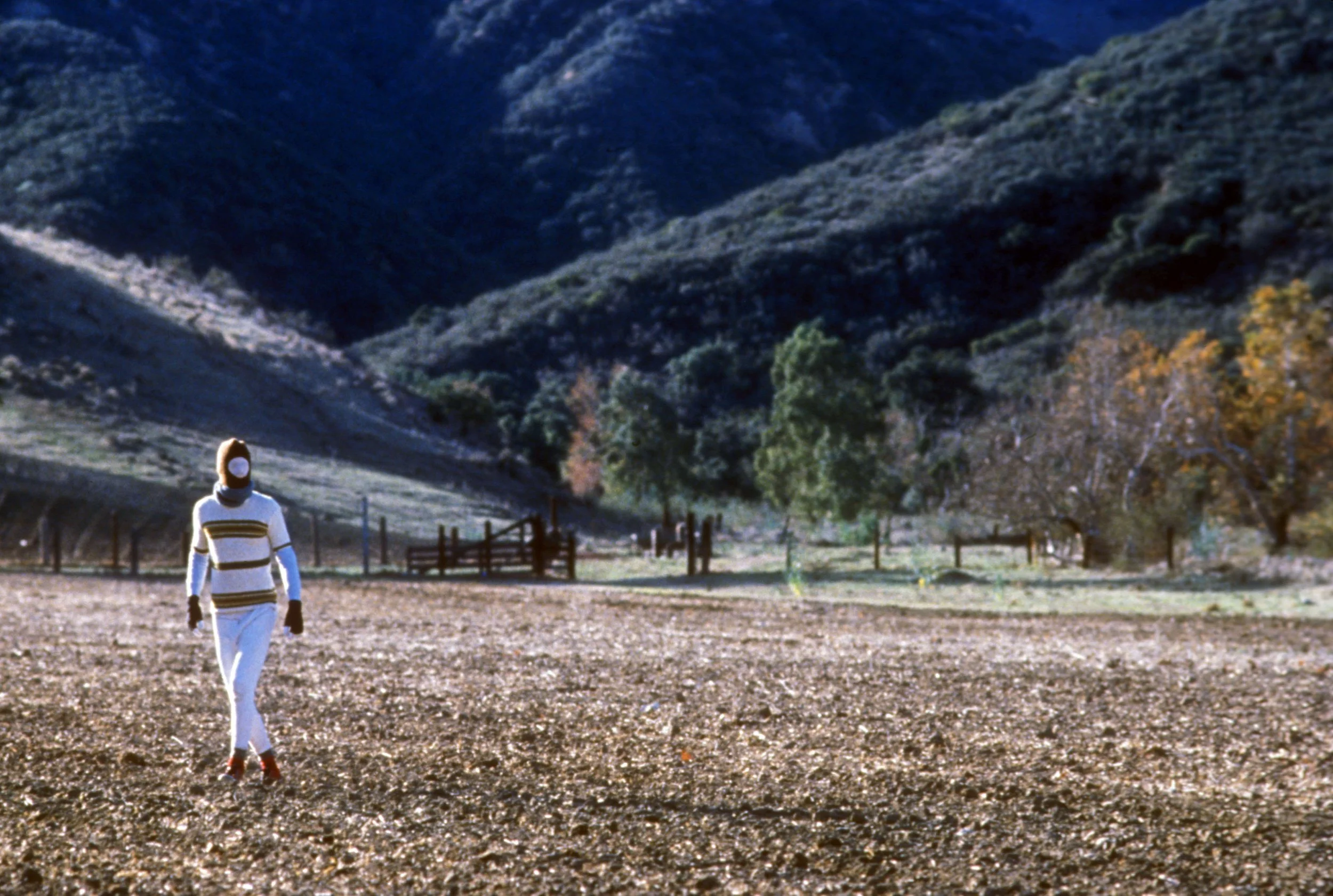29th Rendezvous with Madness Revisits Todd Haynes’ Safe, a '90s Drama Capturing the Anxiety of the Moment
By Liam Lacey
Founded in the early ‘90s by psychiatric nurse Lisa Brown with an aim of destigmatizing conversations around mental health, the Rendezvous with Madness film and arts festival is a unique Toronto-based event.
For her work, Brown was named a Member of the Order of Canada. And over the years, the issues of mental health it explores seem to have crept from the margins to the center of everyday social experience.
The 29th edition of the Rendezvous with Madness film and arts festival (Oct. 28-Nov. 7), dug deep into its past to recover a revealing moment, the presentation of Todd Haynes’ masterpiece, Safe, at its third, 1995 incarnation. (For full information on the festival’s program of 18 features and five shorts programs, and to purchase online or in-person tickets, go the festival’s website, here.)
Even the mask is prescient in Todd Haynes’ 1995 Life, part of the 29th Rendezvous With Madness
Safe, which is a kind of horror film, screens on Halloween night (Sunday, Oct. 31, 8 p.m. In Person at the Workman, available online across Canada).
The film, selected by a Village Voice critics’ poll as the best film of the 1990s, stars Julianne Moore as Carol White, a suburban housewife in the San Bernadino valley, who finds herself struggling to breathe and suffering from an undiagnosable auto-immune malaise, a condition which, as Dennis Lim wrote in his 2015 Criterion Edition essay, is “both all around us and nowhere to be seen.”
Safe was originally conceived against the backdrop of the AIDS epidemic, but serves as an extraordinarily prescient allegory of the COVID state of siege, a phenomenon noted by Vanity Fair, The New Yorker and other publications last year.
Haynes’ film is not another contagion movie but a preview of the new abnormal, about rampant inequality, sick-blaming, fear of authority, self-help cures, and, in general, how anxiety can be more toxic than the biological virus. The evidence for the latter is more than anecdotal: A Stats Canada report this summer indicated the increased Canadian deaths of people under 65 from alcohol and opioids was higher than fatalities from of the disease itself. COVID is not just a disease but a collective mental health issue.
PROUDLY SUPPORTS ORIGINAL-CIN
Appropriately, the festival’s image is of balloon letters that spell the word N-O-R-M-A-L, floating off into the wild blue yonder.
The Rendezvous With Madness festival kicks off on Thursday, Oct 28 with a screening of Elle-Máijá Tailfeathers’s Kimmapiiyipitssini: The Meaning of Empathy, in which the director visits her childhood home, the Kanai First Nation in Alberta, in the midst of an opioid epidemic. Jim Slotek reviewed it here at the recent ImagineNATIVE film festival. The film will be available online through the duration of the festival.
Highlights include Anny, which follows a Prague sex worker and advocate over 16 years; Jacinda, a three-year study of a young woman and her mother struggling with addiction, and Poly Styrene: I Am a Cliché, co-directed by the daughter of the late front woman for the band, X-Ray Spex. The Last Shelter, a documentary about refugees, is a study of The House of Migrants, a shelter in Gao, Mali, where refugees rest before embarking on the journey across the Sahara to the Mediterranean and Europe.
The festival closes on Nov. 6, with Michelle Melles’ Drunk On Too Much Life, a documentary that follows the director’s daughter and her journey inside, and then outside, the standard biomedical treatment methods.



